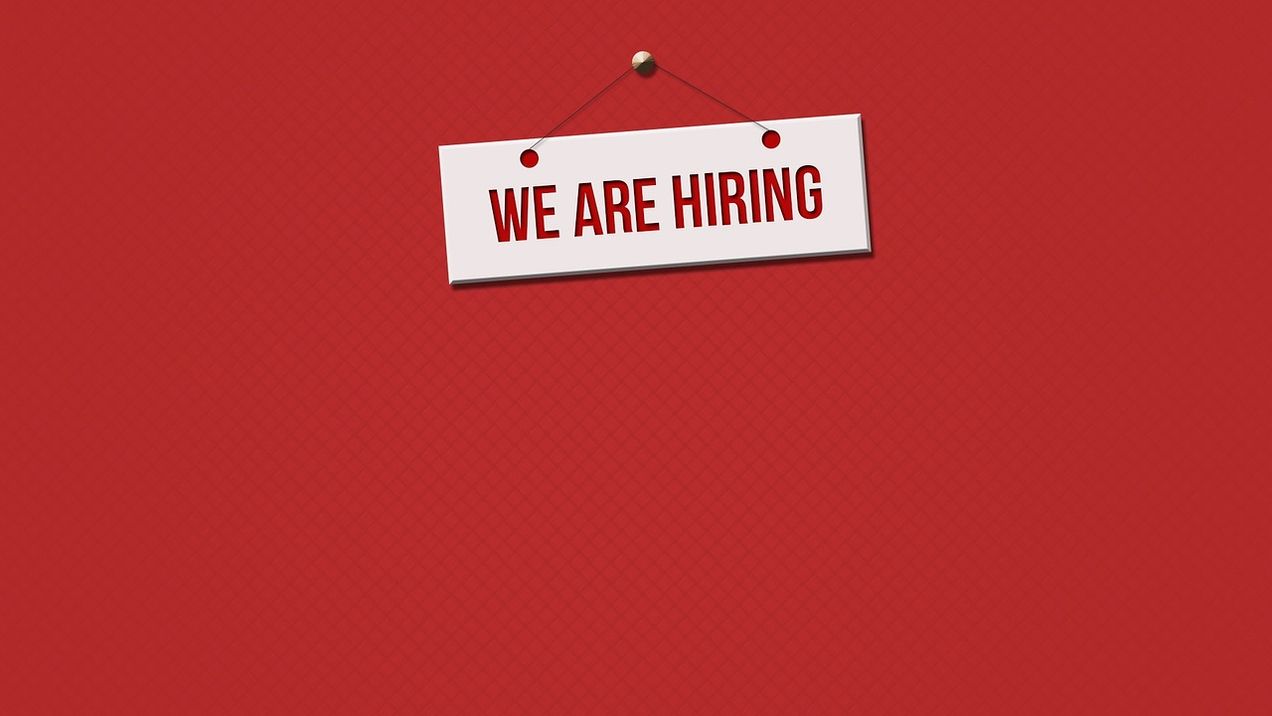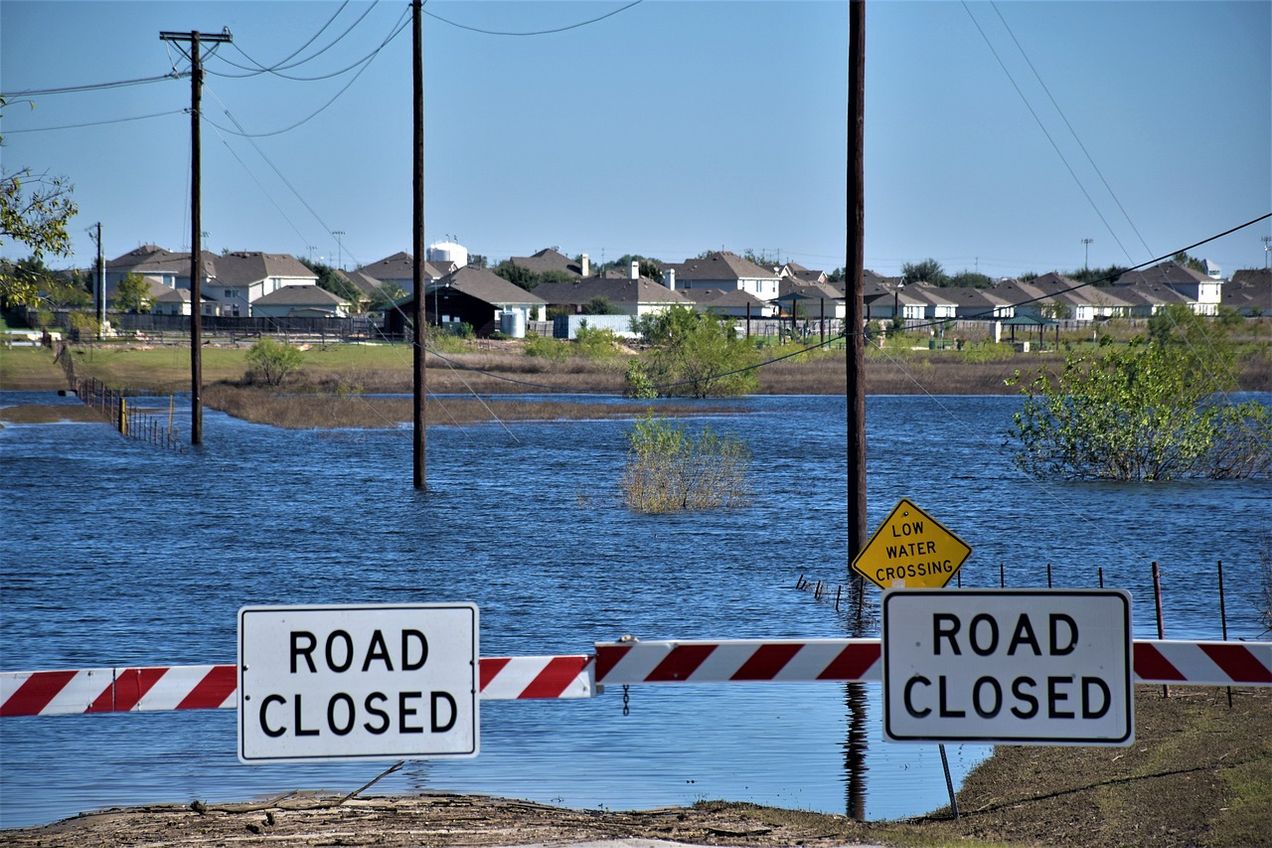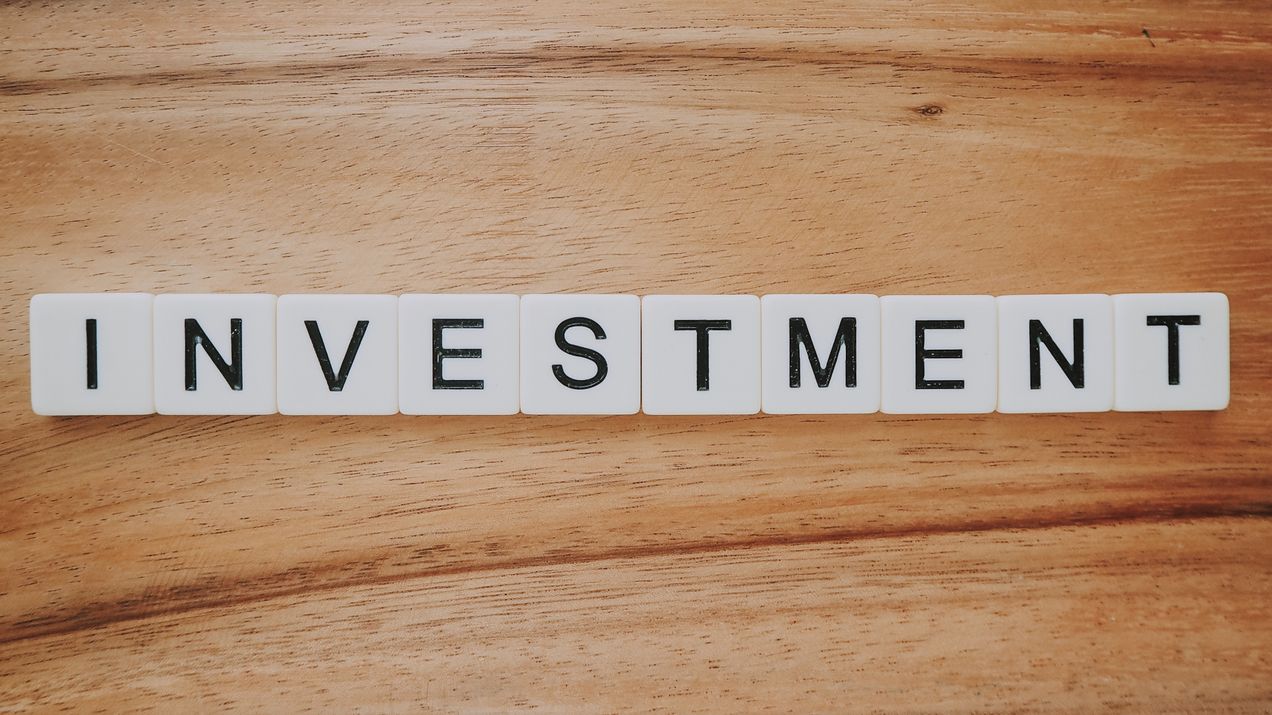Transitions/Human Rights
All about the wider issues that come out of the sustainability transitions including human rights
The beauty of simplification
Sustainable investing evangelist Nawar Alsaadi had a really interesting post on LinkedIn comparing the internet portals of the 1990s to the ESG and sustainability data companies of today. I certainly remember the days of Lycos, Yahoo!, Altavista etc and as Nawar points out they built themselves on being one stop
Corporate lobbying needs closer attention.
... and the ecgi has done just that! Tom Gosling, Executive Director at the European Corporate Governance Institute (ecgi) recently interviewed Professor Michelle Lowry on her research paper ‘Firms’ Transition to Green: Innovation versus Lobbying’ We strongly encourage all Sustainability Professionals to watch the interview (the above video) and then read
Environmental litigation funding - increasing pressure to prevent?
US hedge fund Gramercy (along with some of its clients) has provided $552.5 million in litigation funding (a secured loan) to Pogus Goodhead, a UK law firm involved in a number of class action lawsuits with environmental links.
Place-based approaches - economic and social value
Engaging communities in the right way can improve economic resilience, lives and the environment.
Why we all need to care about artisanal mining solutions
Artisanal mining is becoming an increasingly important issue as we examine the challenges faced by mined material supply chains. But, the importance of these solutions goes well beyond mining.
Diversity target setting: solution or distraction?
Understanding the most effective way to embed a DEI culture within a firm can enhance performance. However, is narrow target setting, particularly centred on diversity, a help or hindrance?
All swans are black in the dark
In a recent LinkedIn post, Andreas Posavac, Global Head of ESG, Corporate Governance and M&A Advisory at S&P Global Market Intelligence discussed a multi-year research study by The Generation Foundation and 2° Investing Initiative called "All swans are black in the dark." The study
When optimisation can be sub-optimal
"It's a system optimized to work fantastically, when everything's working fantastically." Coco Krumme, "Optimal Illusions: The false promise of optimization" Technology consultant Dr Jeffrey Funk highlighted a really interesting book by the applied mathematician Coco Krumme. An argument that Dr Funk often
The transitions will be harder and easier than we think.
There is a tendency to gloss over some of the challenges in delivering the sustainability transitions, to simplify what it is we need to do. And as a result our sustainability plans and proposals can jar with the people who actually have to deliver the change on the ground. This
Reputation and recruitment
The reputation of your business is almost certainly having an impact on your most important long term asset, the ability to recruit the best people. Not just entry level graduates, but all through the organisation. This might not generate the same headlines as the short term share price impact, but
Staying above water: a systemic response to rising flood risk
This is the title of a recently published report from Marsh McLennan. It highlights the alarming rate at which flood risk is growing globally, estimating that currently 18% of the global population is exposed. Even limiting post-industrial average global temperature rises to 2oC could double that percentage. The key message
ESG funds are ubiquitous in Europe - job done?
According to an article in the Financial Advisor Magazine, asset managers trying to sell funds in Europe are finding it “increasingly difficult” to do so unless their products are registered as ESG positive - quoting a study by analysts at Goldman Sachs. At one level this should be a cause











